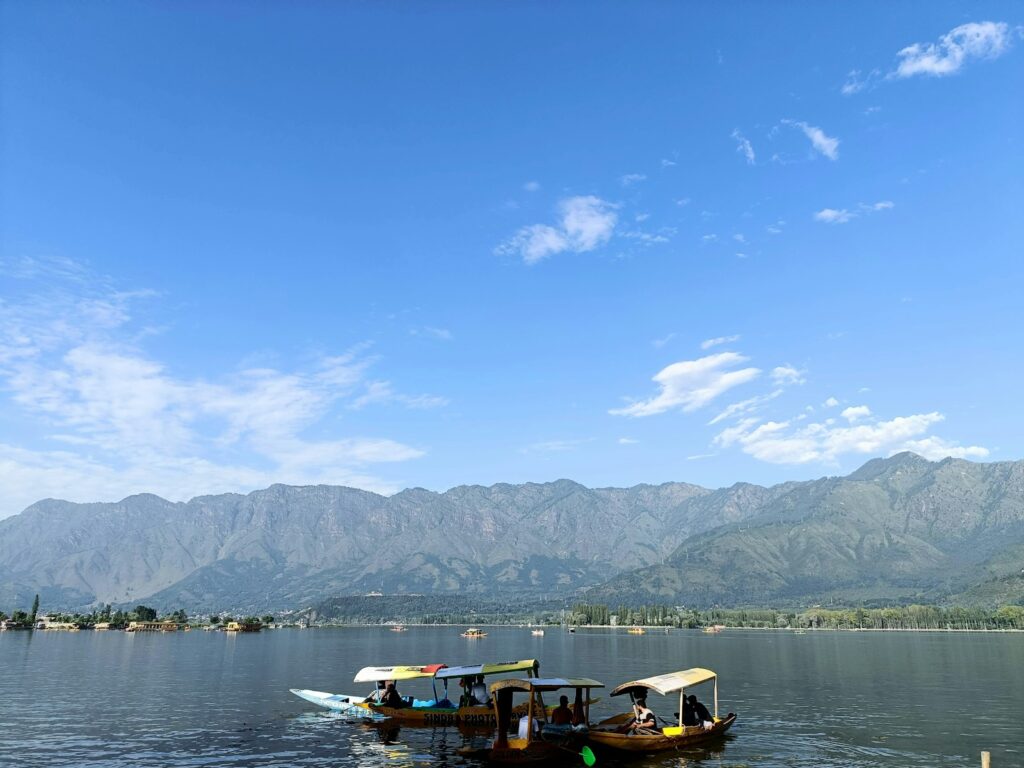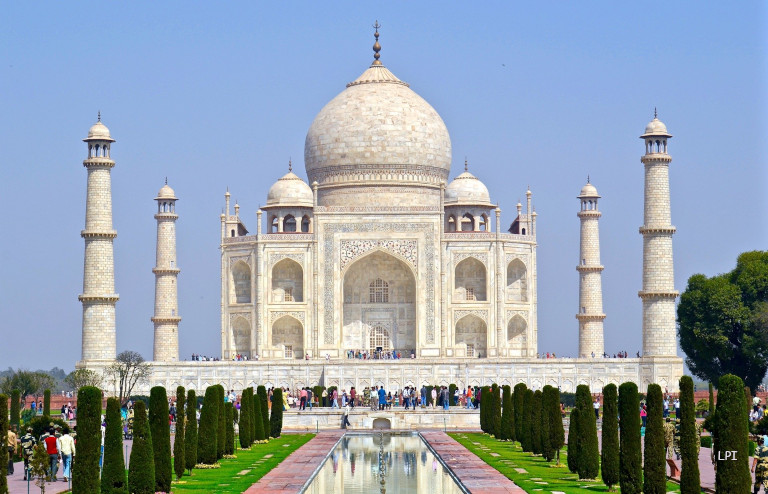8 Day(s) 7 Night(s)
Trip Type: Heritage & Culture
Cultural tourism is concerned with a country or region’s culture especially the lifestyle of the people, their art, architecture, social interest, and other elements that help to shape their way of life. India – the name reminds us of the culture and heritage it carries with it. As we brush the history of India we come to know about the various emperors who ruled this ethnic piece of land including the British, Mughals, Persians, and many others. This diversification has attracted foreign tourists to India who comes to gather and cherish the culture of India.
Heritage is the cultural legacy that we receive from the past, which we live in the present, and which we will pass on to future generations.
It is also comprised of living expressions inherited from our ancestors, such as oral traditions, performing arts, social manners, rituals, festive events, knowledge, and practices related to nature and the universe, and knowledge and techniques linked to traditional crafts.
Heritage is important for culture and the future because it constitutes the cultural potential of contemporary societies, contributes to the continuous revaluation of cultures and identities, and is an important vehicle for the transmission of experiences, skills, and knowledge between generations. Furthermore, heritage is a source of inspiration for creativity and innovation that generate contemporary and future cultural products. Cultural heritage has the potential to promote access to and enjoyment of cultural diversity. It can also enrich social capital and create a sense of individual and collective belonging, which helps to maintain social and territorial cohesion. On the other hand, cultural heritage has become economically significant for the tourism sector in many countries.
India has a splendid heritage that is reflected in its architecture, monuments, arts, crafts, cultures, and even religions. While formidable forts, ancient temples, and grand palaces testify of the grandeur of times gone by, the various museums and galleries scattered across the country act as inventories of India’s seamless past. Such is the magnificence of the structures in the country that UNESCO has identified several of them as heritage sites. The most popular states in India for cultural tourism are Delhi, Rajasthan, Tamilnadu, Uttar Pradesh, Maharastra, Karnataka, and Gujrat.






